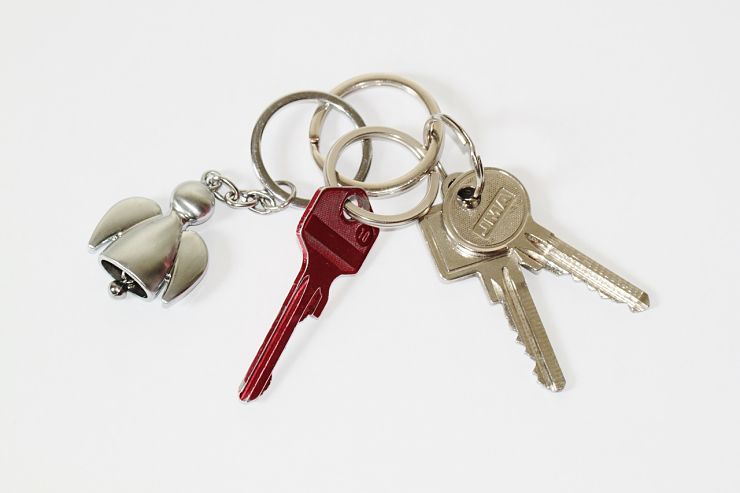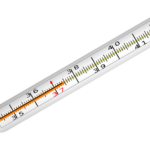
You filed filed Chapter 13 bankruptcy to keep your house and stop the foreclosure. You’ve protected your home, for the moment.
Bankruptcy gets you a sheltered legal environment to address the problems with your mortgage.
You heave a sigh of relief.
But the fight to keep your house isn’t over, just because there’s a stay. You’ve just gotten through the first round.
You need to stay on your toes for the balance of the match to emerge with your house safe at the end of your bankruptcy.
Here’s what you need to know to keep your house in Chapter 13.
Mortgage lenders get special consideration
In the bankruptcy context, the mortgage lender gets privileged treatment.
Anglo Saxon law, from which US law is drawn, has long given particular protection to the claims of property owners. After all, it was those who owned property who wrote the laws.
The mortgage lender gets that special treatment because the lender’s lien is a property interest in your home.
That lien entitles the lender to regular payments; if payments aren’t made, the lender can ask for relief from stay to foreclose.
The exception is if the value of the collateral is less than the total of the liens ahead of the lien in question. Think: underwater second mortgage.
Follow these 7 keys to keep your house in Chapter 13 AND getting a discharge .
1. Regular mortgage payments required
Most Chapter 13 plans provide that the trustee pays the arrears on your mortgage, while you make the payments that come due after filing.
Make the payments- that means property taxes and insurance as well.
Too often, homeowners get fixated on paying the arrearages on their mortgage that they overlook, or struggle, with the ongoing payments.
Court are intolerant of borrowers who want the protection of the bankruptcy stay, but don’t take seriously their obligation to pay the monthly payments that come due after filing.
That intolerance spills over into dismissal of Chapter 13 cases without a discharge when debtors fail to make current payments.
2. Look for other liens
Chapter 13 isn’t limited to fixing problems with mortgage liens. Your plan can either avoid altogether or reduce the amount of tax or judgment liens,
Make sure that you check the public record to see if any avoidable liens have attached, unnoticed, to your home.
If you find liens, your plan can cut them down to size.
3. Pursue modification
Your best bet may be to agree with the lender on a modification of your mortgage. Nothing in Chapter 13 stops the parties from considering modification.
Northern California bankruptcy judges have decreed that negotiations for a modification do not violate the automatic stay
Frequently, the modified mortgage either folds the arrears into the loan balance, to be paid over the life of the loan. Or, modification designates a portion of the amount owed as not bearing interest, but payable at loan-end or sale.
A modification that cures the arrears may eliminate the mortgage arrears portion of a Chapter 13 monthly payment, thereby increasing the chances of success.
4. Review the lender’s claim
In order to be paid in a Chapter 13, a creditor must file a proof of claim. For mortgages secured by the debtor’s principal residence, a detailed attachment is required.
The mortgage attachment must account for payments and charges to the loan from the date of the first, uncured default.
The POC also contains an analysis of any escrowed taxes and insurance, and the adequacy of the monthly payment to pay those expenses.
Dig into these numbers and see if they match your payment records and whether they are otherwise complete.
There’s lots of data there, some of it correct and some woefully wrong.
5. Keep records of your payments
Too many mortgage servicers fail the fundamental task of accepting your payments and crediting them properly.
The method of accounting changes with bankruptcy: payments made after filing are supposed to be credited to a separate accounting for your loan, while the pre bankruptcy record stands alone
Servicers don’t always do that. Payments sometimes sit for months on someone’s desk, undeposited.
I tell clients to pay with paper checks on their accounts and send the payment by a method that gets you a receipt upon delivery to the servicer.
It’s a hassle, I know, but you end up with a record from your bank that the check was cashed, and you have proof that it was delivered. The added expense is nothing to the cost of your attorney having to track down the facts showing you paid.
6. Read payment change notices
If your monthly mortgage payment changes after you file bankruptcy, the servicer must send you a Notice Of Payment Change.
The change may be driven by an interest rate change or a change in the cost of escrowed taxes or insurance.
Even though it comes on a court form, and looks dense, you’ve got to read it and adjust your post filing payments on your mortgage accordingly. If you dispute the change, you can ask the court for a hearing.
If you’re uncertain, ask your lawyer.
7. Exploit case-end rules
When you’ve made your last payment to the trustee, bankruptcy rules require a notice to the mortgage servicer about the state of your loan balance.
If the lender claims that either the pre-bankruptcy claim hasn’t been paid in full, OR, that there are unpaid amounts arising after you filed, they must file a reply.
This call-and-response procedure flushes out any difficulties that show in the lender’s books, and provides a mechanism and a judge to sort things out.
The goal is to exit bankruptcy knowing exactly where you stand on the home loan.
Make sure this happens in your case so you can keep your house in Chapter 13.
If you change your mind
Things change over time. If you find that keeping the house no longer fits with your financial future, tell your lawyer immediately.
The confirmed Chapter 13 plan obligates you to make the payments you promised as well as obligating your creditors to stand down.
There’s nothing wrong with changing your mind, so long as you change your Chapter 13 plan to match.
Far too many debtors recently get to the end of the case and get their cases dismissed, without a discharge, because they stopped paying on the mortgage and didn’t alert their lawyer.
More
Make sure you don’t lose house and discharge
Before you list your house for sale





